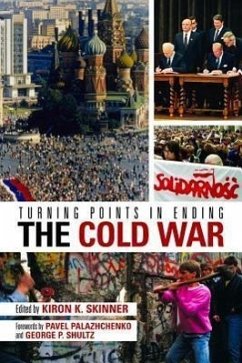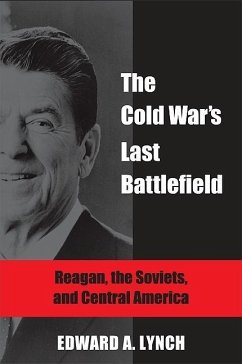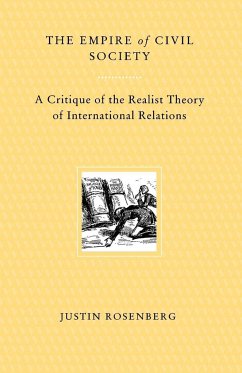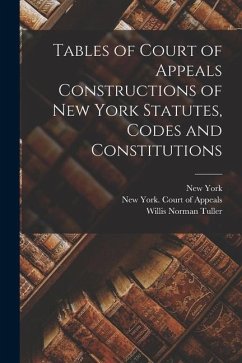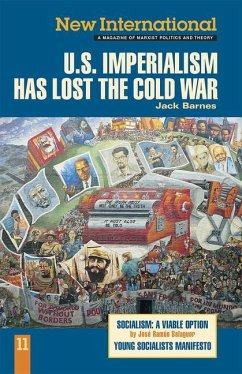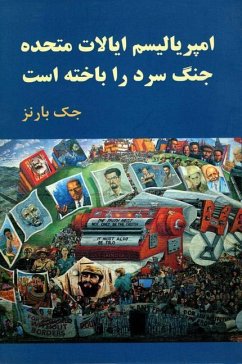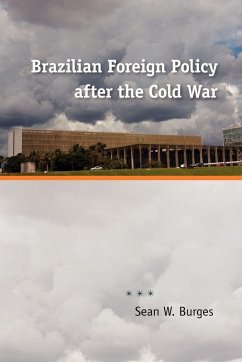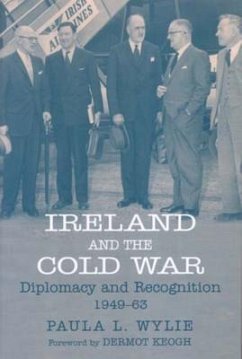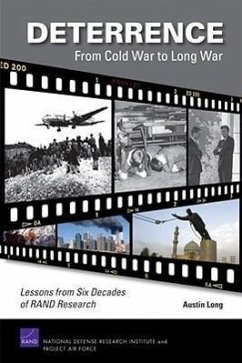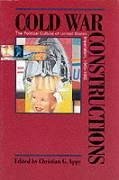
Cold War Constructions
Versandkostenfrei!
Versandfertig in über 4 Wochen
33,99 €
inkl. MwSt.

PAYBACK Punkte
17 °P sammeln!
The end of the Cold War has inspired a wave of exciting new scholarship about the central international struggle in the decades following World War II. Dissatisfied with traditional diplomatic and military interpretations, historians have begun to investigate the crucial role that political culture played in shaping global conflicts. Cold War Constructions contributes to this reappraisal by illuminating the political and cultural assumptions underlying U.S. policies from the end of World War II to the mid-1960s. How were Cold War ideas and events shaped by American culture? How were they expla...
The end of the Cold War has inspired a wave of exciting new scholarship about the central international struggle in the decades following World War II. Dissatisfied with traditional diplomatic and military interpretations, historians have begun to investigate the crucial role that political culture played in shaping global conflicts. Cold War Constructions contributes to this reappraisal by illuminating the political and cultural assumptions underlying U.S. policies from the end of World War II to the mid-1960s. How were Cold War ideas and events shaped by American culture? How were they explained and promoted at home and around the world? And how did they vary from one geographical context to another? These are among the questions addressed in this collection of original essays. Each contributor focuses on a specific site of Cold War contestation -- Southeast Asia, India, Europe, Africa, Iran, Guatemala, and Cuba -- and analyzes the impact of domestic political culture on that particular conflict. Cultural attitudes, practices, and values are examined through a range of topics and sources, from travel literature and Broadway musicals to philanthropic organizations and Time magazine. Together the essays shed new light on such major Cold War events as the Cuban Revolution, the CIA overthrow of governments in Iran and Guatemala, and the United States intervention in Vietnam.



